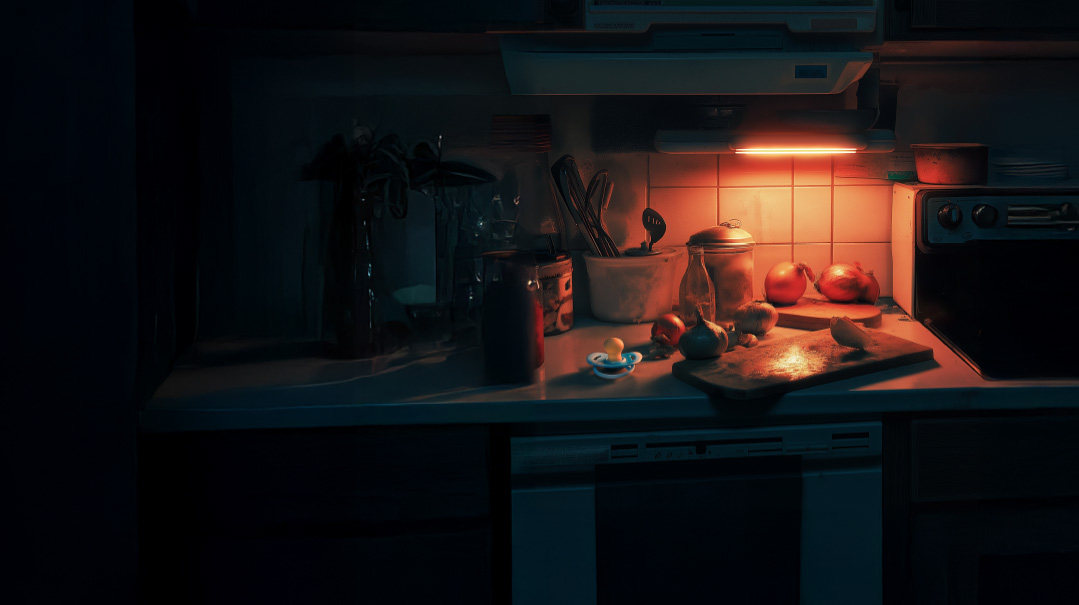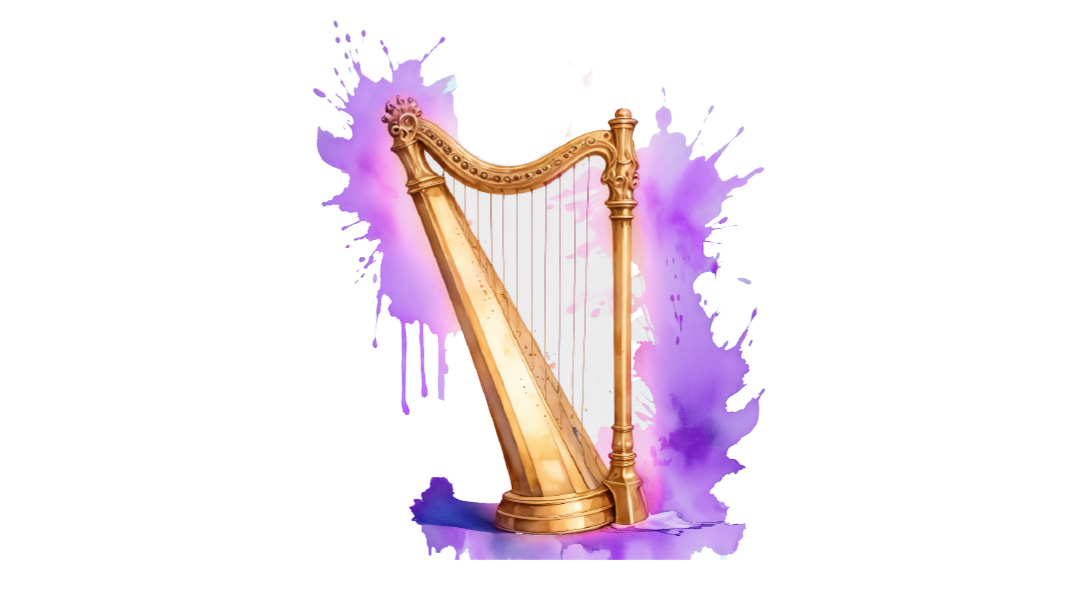Stars Aligned

They were success stories at work – but lonely seekers within

As told to Rivka Streicher
Nili, 19:
New Yawker, that’s what I was. Free, opportunistic, extroverted, fun. Bring on Times Square, bowling, biking, dancing on the Hudson…
I grew up Modern Orthodox; I went to HAFTR, where I got a solid Jewish education, but come weekends I ran around in short sleeves and pants.
Inside I was deeply inspired, spiritual and idealistic, and I took to seminary in Israel like a fish to water. In Baer Miriam in Har Nof I met all sorts of girls from a range of backgrounds. There was genuine warmth in Baer Miriam — not just the Jerusalem sun, but Jerusalem hearts — the leaders, the teachers, the madrichot. It was an immersive experience, to get to know Eretz Yisrael and its people, to feel the achdus, the greatness, and our responsibility for one another. I was just 19 — what did I know about life-plans and decisions — but that year, seeds were planted.
And there was Penny, my roommate from London. Both of us are the only girls in our family, and we became sisters. Soul sisters.
In the summer after seminary, Penny came to visit me in New York. I took her around, we drank in the sights; long after the sun set over the skyscrapers, we sat and spoke and laughed.
She went home, and I started work that September. I was teaching little ones, Pre-K. It was good work, hard work.
In the winter break, I needed to get away. Penny. She’d come all the way here in the summer. I’d go to her now.
London in December was cold and icy and wonderful. I hung around with Penny and some friends. One of them had an idea for me: Daniel. I’d met him briefly at a social event, but that friend introduced us properly, and he asked me out.
Oops! We could not locate your form.







